Few Beatles songs are as misunderstood—or as controversially co-opted—as “Helter Skelter.” Originally released on the 1968 White Album, the song took on a darker legacy after cult leader Charles Manson interpreted it as a prophecy of an apocalyptic race war.
But now, Paul McCartney has set the record straight, revealing that Helter Skelter had nothing to do with violence or conspiracy—and everything to do with childhood, chaos, and loud rock and roll.
🎸 A Reaction to The Who, Not a Call to Arms
In his book The Lyrics: 1956 to the Present, McCartney recalled that the song was written as a response to a statement by Pete Townshend of The Who, who had claimed his band had just recorded “the loudest, the dirtiest, the rockiest thing ever.”
“I loved that description,” McCartney wrote. “So I came into the studio and said to the guys, ‘Let’s just see how loud we can get and how raucous.’ Let’s try and make the meters peak.”
The result was one of The Beatles’ most aggressive, distorted tracks—a far cry from their earlier, more polished pop songs. But the only thing they were trying to incite was a new musical edge, not a cultural revolution.
🎡 What Is a Helter Skelter, Really?
Many American fans (including Manson himself) misunderstood the term Helter Skelter, thinking it referred to chaos or war. In reality, McCartney explained, it’s the name of a British fairground ride: a tall, conical slide with a spiral staircase.
“A lot of people in the U.S. still don’t know what a helter skelter is,” McCartney said. “It’s actually another fairground feature… One minute you’re up, next minute you get knocked down. You’re feeling euphoric, then you’re feeling miserable. Such is the nature of life.”
This metaphor for life’s emotional rollercoaster—not violence or destruction—was the core inspiration behind the lyrics.
🌀 Lennon, Lewis Carroll, and Nonsense Poetry
McCartney also noted that he and John Lennon drew inspiration from Lewis Carroll’s surreal writing, such as the songs in Alice in Wonderland.
“John and I both adored Lewis Carroll,” McCartney said. “That sense of playful nonsense, of things being slightly off but still somehow meaningful—that was part of the spirit of the song.”
☠️ Manson’s Twisted Misinterpretation
Unfortunately, the meaning of Helter Skelter was hijacked when Charles Manson claimed it contained hidden messages predicting a coming race war—messages he believed were meant for him personally.
“Things got really dark when Charles Manson hijacked the song,” McCartney reflected. “He thought The Beatles were the Four Horsemen of the Apocalypse… It was all too twisted.”
In August 1969, the Manson Family committed the horrific Sharon Tate murders, citing the Beatles and Helter Skelter as inspiration. Blood was smeared on the walls of the crime scene, including the words “Helter Skelter” written on a refrigerator door.
🎤 Manson’s Defense: “It’s the Beatles’ Music, Not Mine”
During his trial, Manson infamously said:
“It’s the Beatles, the music they’re putting out. These kids listen to this music and pick up the message… Why blame it on me? I didn’t write the music.”
Despite the cultural panic that followed, McCartney remained clear: Helter Skelter was never about violence—it was about noise, energy, and emotional chaos, not physical.
🧠 Final Thoughts
The legacy of Helter Skelter remains complicated. But Paul McCartney’s words remind us that songs can be misunderstood, misused, and distorted—often far beyond their original meaning.
In the end, Helter Skelter was just The Beatles having fun—cranking the volume and pushing the limits of what rock music could sound like. The real tragedy lies not in the lyrics, but in how they were twisted by someone already looking for chaos.

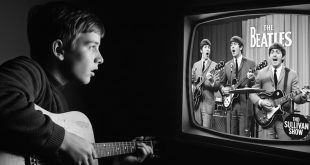

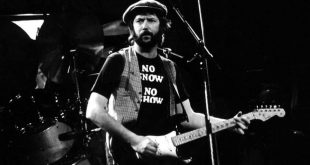
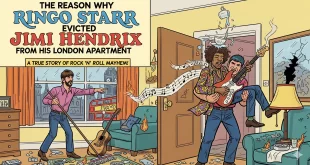
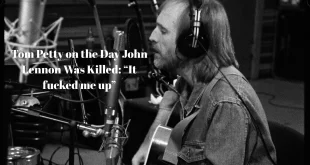
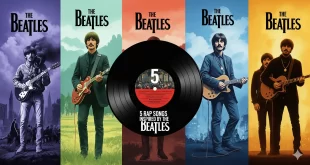
One comment
Pingback: How The Beatles Influenced Today’s Pop Stars: A Lasting Musical Legacy - The Beatles